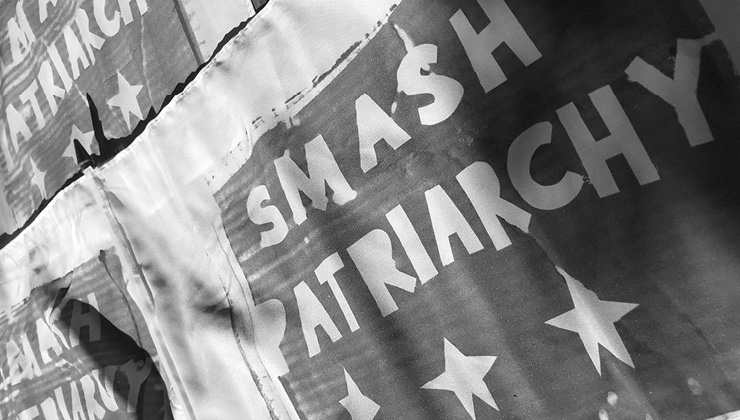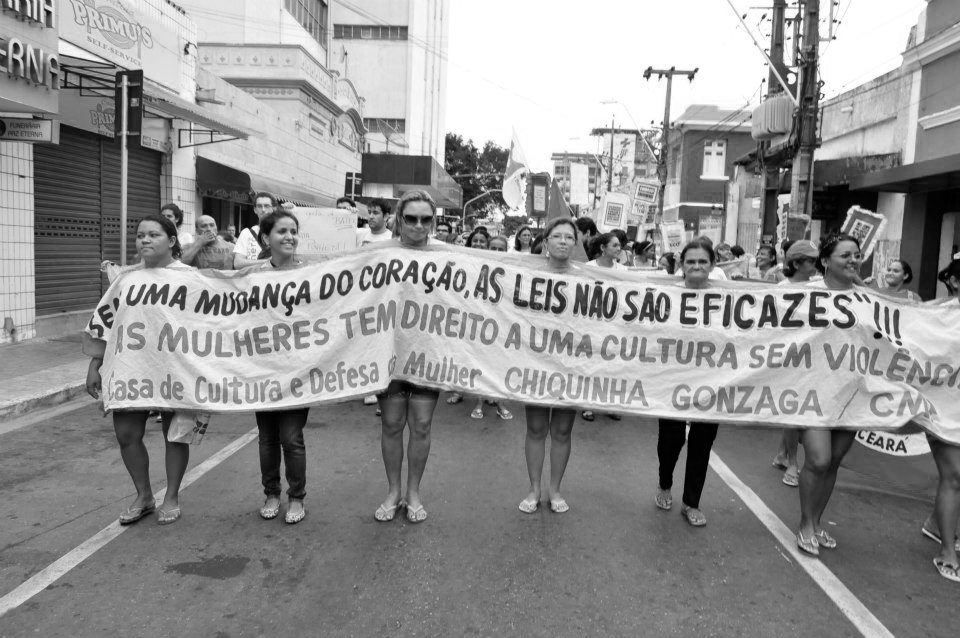On Wednesday, June 17, Ireland emerged from a very competitive election – the so-called ‘group of death’ of Ireland, Canada and Norway – to be elected with Norway on the first count to non-permanent membership of the United Nations Security Council for a two-year term. In its campaign for the seat, Ireland made an overtly ‘values-based’ set of claims around what its membership would bring to the UNSC, namely ‘Empathy, Partnership and Independence’. Throughout its articulation of these values, Ireland emphasised a commitment to gender equality. This short blog considers the potential significance of Ireland’s election to the WPS agenda at the UNSC.
Ireland had been laying the ground for this campaign and for UNSC membership for some time. Most notably, Ireland co-chaired the Sustainable Development Goal negotiations and was well-regarded for achieving consensus amongst UN member states. More recently, Ireland chaired the Commission on the Status of Women and is widely-perceived to have done well in securing meaningful agreed conclusions, even in a most inauspicious political context. Nevertheless, the limitations of the two-year non-permanent membership role is well-known. Contending with powerful, divided – and frankly, often unsympathetic to WPS – permanent members wielding veto power will be a potent obstacle to progress.
Ireland’s National Action Plan on WPS: A Herald of Things to Come?
Ireland offers a novel prospect for UNSC membership. Importantly, the country has no arms industry (though it does produce dual-use software and technology). In addition, disarmament has been a central plank of Ireland’s foreign policy since the 1950s. For example, Ireland was one of a small number of states instrumental to pushing the Arms Trade Treaty through the UN General Assembly in 2013. As a missing piece of the WPS agenda, the fact of Ireland holding both disarmament and WPS as the central normative planks of its foreign policy may prove propitious for those seeking further integration of disarmament and WPS agendas.
Further, as I outline in my new book, Women’s Rights in Armed Conflict under International Law, and as recent LSE-WILPF research attests, a considerable problem at the UNSC with the WPS agenda is the UNSC’s failure to align its country-specific activity with its WPS commitments. (In the book, I call this a failure of ‘norm alignment’). This failure manifests across the mandates of UNSC country missions, including peacekeeping and sanctions regimes. Ireland could be an important actor in improving such norm alignment. Promisingly, from its current National Action Plan on WPS, Ireland makes specific commitments in this regard. The Plan (page 36) commits the government to:
Advocate for greater reference to conflict-related SGBV across thematic activities and country- specific activities as a criterion for UN sanctions and advocate for accountability for the use of conflict-related SGBV at all levels.
Further, the Irish NAP is very strong on CEDAW-WPS synergies (page 24):
The NAP will be integrated into state party periodic reporting obligations under CEDAW and the Universal Periodic Review through coordination of the Oversight Group. Civil society members of the group will be encouraged to shadow report on Ireland’s CEDAW obligations under Recommendation 30.
CEDAW-WPS synergies is something that Aisling Swaine and I emphasised in our submission to the Irish NAP process and which may offer some indication of Ireland’s WPS priorities at the UNSC moving forward. As Aisling and I have documented elsewhere, CEDAW Committee enthusiasm for monitoring state party implementation of the WPS agenda has not been reciprocated by UNSC eagerness to engage with CEDAW substantively or procedurally.
Nevertheless, in 2016, then non-permanent member Uruguay sponsored an Aria Formula meeting on this theme, which gave important momentum to the pursuit of synergies between WPS and CEDAW in order to strengthen the overall protection of women’s rights in conflict. In a context in which the UNSC’s permanent members were unwilling to sponsor such a meeting, Uruguay’s sponsorship of that Aria formula meeting is a good example of the sort of agenda-setting and supportive – and constructively disruptive – role on WPS that non-permanent members can have at the UNSC.
Finally, in terms of its NAP, Ireland is unusual amongst Western states in addressing WPS as a domestic, as well as international, matter. For example, the NAP includes provisions around the integration and participation of migrant women affected by conflict living in Ireland. Further, there are a number of provisions addressed to women’s participation in peacebuilding on the island of Ireland, including Northern Ireland. In both respects, the Irish approach stands in stark contrast to that of its neighbour, and UNSC permanent member, the UK. The hope is that Ireland may be able to lead by example, and perhaps by other more direct interventions, on the important principle that WPS implicates the domestic as well as foreign policy of Western states.
In personnel terms, Ireland’s UNSC membership will mean one more female Ambassador to the UN at the UNSC, namely Ambassador Geraldine Byrne. The recent autobiography of former US Ambassador to the UN, Samantha Power (also, coincidentally, a native of Ireland), reveals some telling ways in which this female presence and informal female networks can be useful at the UNSC.
Together, these legal, policy and interpersonal dynamics mean that many will look to Ireland for positive leadership on WPS throughout its tenure at the UNSC. It will be a fascinating space to watch.
The views, thoughts and opinions expressed in this blog post are those of the author(s) only, and do not necessarily reflect LSE’s or those of the LSE Centre for Women, Peace and Security.






A great read Dr O Rourke. Indeed coherency between national and international policy is critical to be credible. Irelands Development policy A Better World elaborated following broad consultation with civil society and Irish citizens. Centered and built around furthering Womens social and economic rights to build their leadership capacity, economic resilience and growth potential. Furthermore following my meetings with each of Irish Ambassadors in missions abroad the same policy and strategy is firmly translated into country action plans especially in Africa and implemented
. Thank You for your tremendous work and insight Catherine. Hilary Barry Secretary General LadyAgri